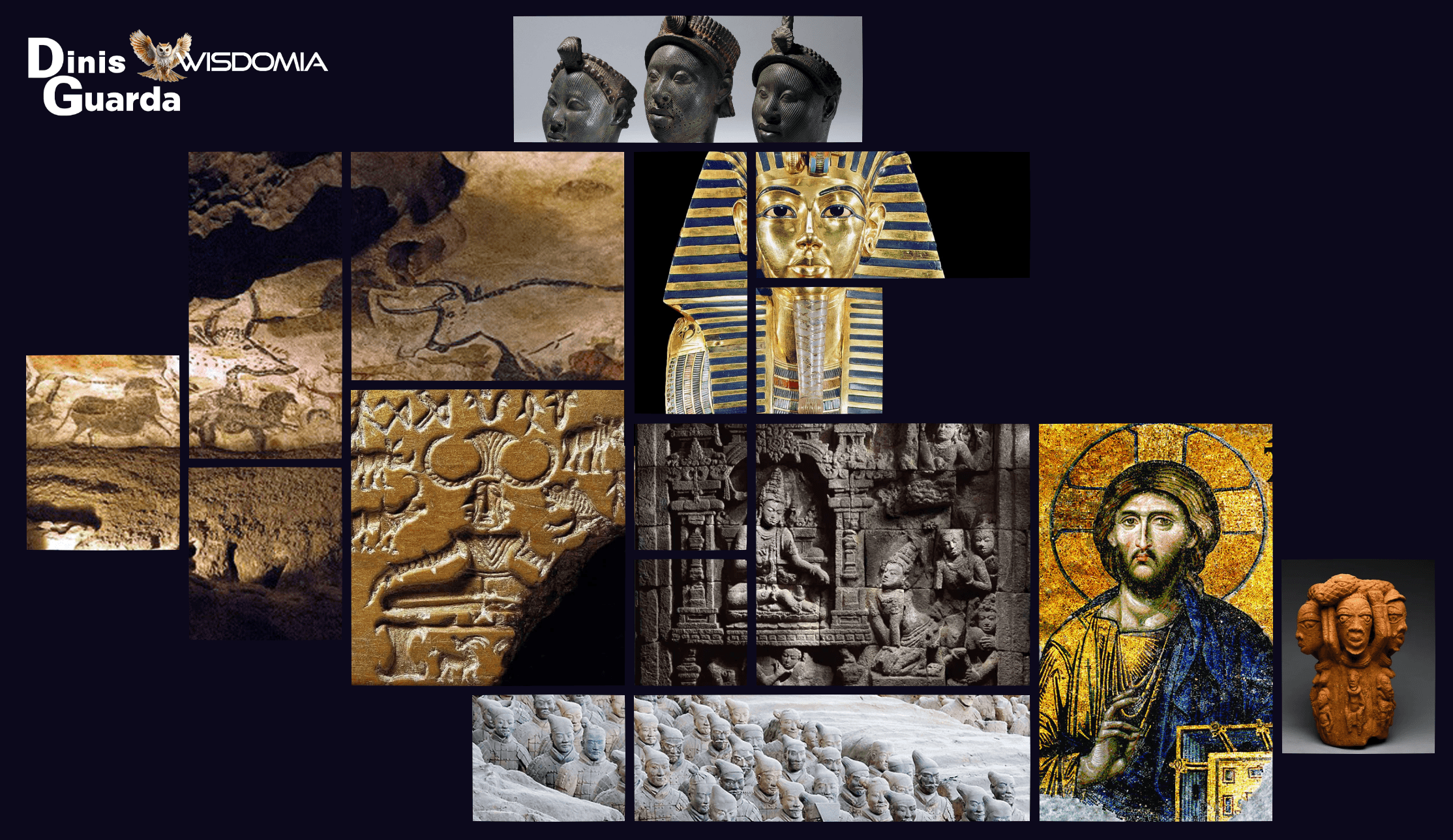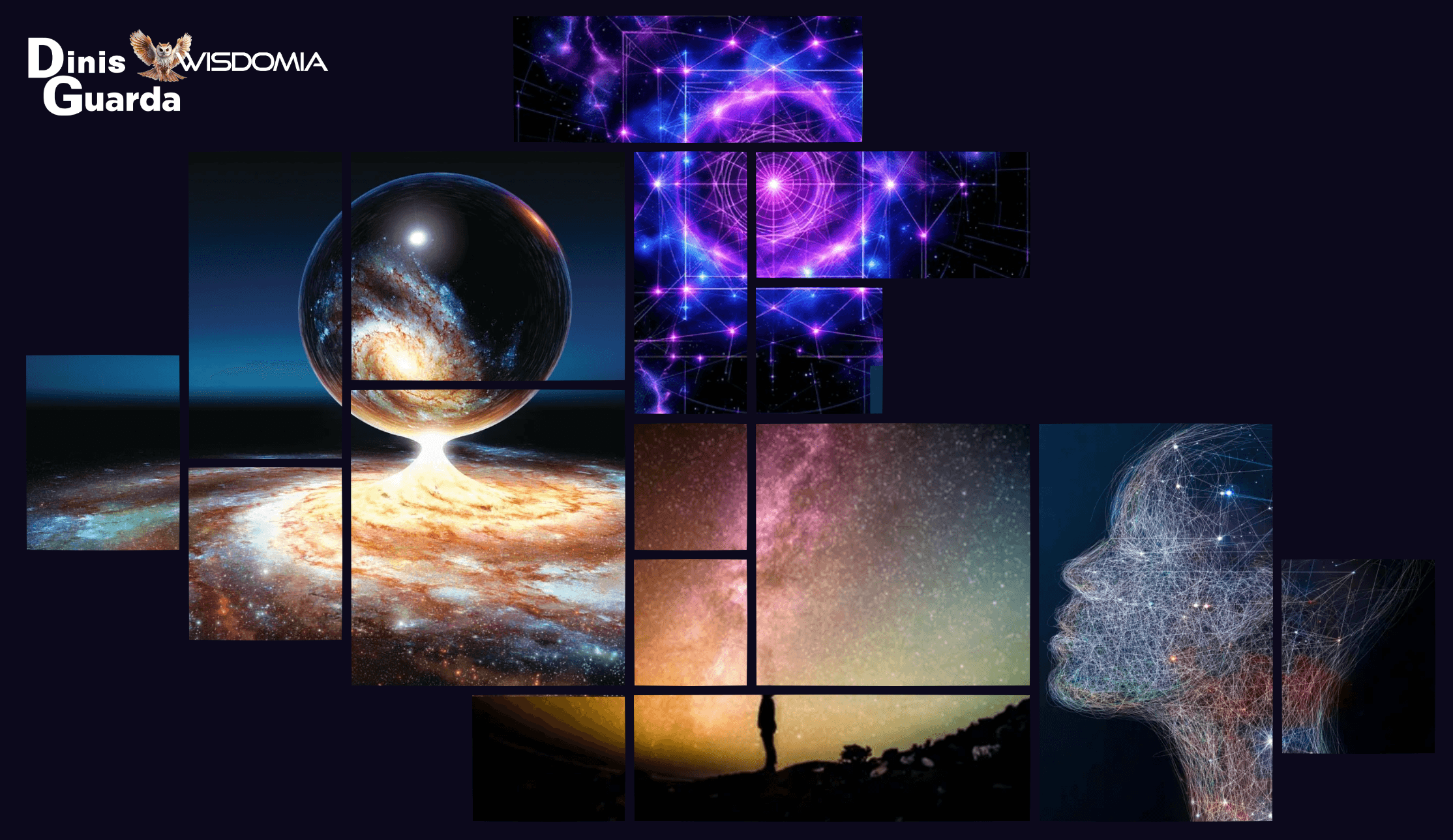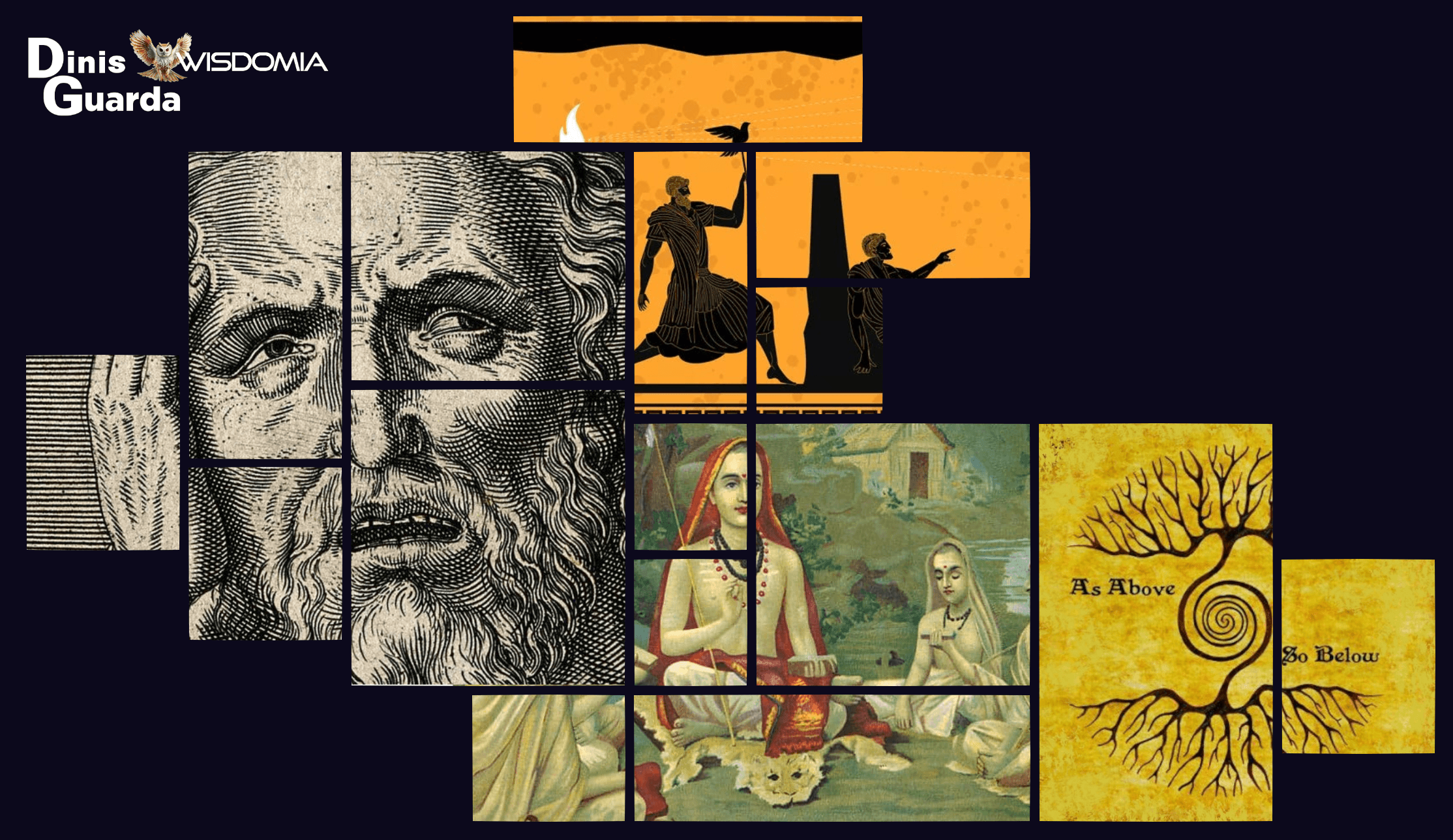The Symbolical Meaning of Penguins: Wisdom from Earth's Elegant Wanderers
Hind MoutaoikiIR&D Manager
Thu May 01 2025

Amid Antarctica’s icy expanse, penguins endure with grace and resilience. The penguin embodies one of nature's most striking paradoxes—a bird that cannot fly yet navigates with extraordinary grace beneath the waves. Beneath their charming, tuxedoed appearance lies a deep symbolism reflecting human perseverance, unity, and aspiration.
In the vast white expanse of Antarctica, where brutal winds sweep across seemingly endless ice, life persists in the most unexpected form—the penguin. These tuxedo-clad birds, waddling with what appears to be both dignity and comedic awkwardness, have captured human imagination for centuries. Beyond their charming appearance lies a profound symbolism that speaks to our deepest human experiences and aspirations. What wisdom might these remarkable creatures offer to those willing to look beyond their endearing exterior?
Duality and Transformation
The penguin embodies one of nature's most striking paradoxes—a bird that cannot fly yet navigates with extraordinary grace beneath the waves. On land, they appear almost comical in their movement, shuffling with deliberate steps across the ice. Yet beneath the surface, they transform into creatures of breathtaking elegance, hydroplaning through frigid waters with a speed and agility that leaves observers spellbound.
This duality speaks powerfully to the human experience. How often do we, too, feel awkward and constrained in one environment, only to discover unexpected capabilities when circumstances shift? The penguin reminds us that limitations in one context may reveal themselves as strengths in another—that what appears as weakness from one perspective may indeed be perfectly adapted for a different challenge.
This capacity for transformation carries profound symbolical weight. The penguin teaches us that our true nature is not fixed but adaptive, capable of moving between worlds and expressing different aspects of ourselves as circumstances demand. They invite us to consider: In what waters might we, too, discover unexpected grace?
Community and Collective Wisdom
Perhaps the most striking image associated with penguins is that of the huddle—thousands of birds pressed together against the Antarctic winter, taking turns moving from the exposed outer edge to the sheltered centre. This remarkable social behaviour allows them to survive temperatures that would kill any individual bird standing alone.
Emperor penguins, in particular, endure the planet's harshest winter conditions through this collective strategy, rotating positions so systematically that every member of the colony benefits from the shared warmth. No leader directs this movement; it emerges organically from the group's collective wisdom, with each bird responding to subtle cues from its neighbours.
This living metaphor for community resilience resonates deeply in our increasingly individualised world. The penguin huddle demonstrates that true security often comes not from isolation but from intelligent interdependence—from systems where vulnerability is acknowledged and shared rather than denied.
Faithfulness and Commitment
Many penguin species mate for life, engaging in elaborate courtship rituals that reaffirm their bonds year after year. Emperor penguins, in particular, demonstrate remarkable commitment—males balancing eggs on their feet for months during the darkest Antarctic winter, while females journey to the sea for food. When they return, these pairs recognise each other among thousands of seemingly identical birds through distinctive calls that speak to a deep awareness of their partner's unique identity.
This capacity for recognition and fidelity resonates with our human longing for lasting connection. In a culture where commitments often seem increasingly transient, the penguin represents a contrasting possibility—that depth may be found through persistence, that knowing one being deeply may reveal as much about life as knowing many superficially.
Yet penguin faithfulness isn't merely romantic; it's practical and adaptive. Their committed relationships create stable conditions for raising young in one of Earth's most challenging environments. Their loyalty serves life's continuation.
In the penguin's faithful gaze, we glimpse a reminder of attention's importance—how truly recognising those we love, hearing their unique voice amidst life's noise, forms the foundation of meaningful connection.
Resilience and Persistence
Few creatures demonstrate resilience more vividly than the penguin. Consider the annual journey of the Emperor penguin—marching up to 120 kilometres across treacherous ice to reach breeding grounds, fasting for months while incubating eggs in temperatures reaching -40°C, their bodies losing nearly half their weight in the process. Or the Adélie penguins who navigate the same pathways year after year, despite shifting ice conditions, to return to ancestral nesting sites.
This remarkable persistence speaks to something profound about living meaningfully in challenging circumstances. The penguin does not deny difficulty but meets it with adapted strategies and unwavering determination. They embody what psychologists might call "tragic optimism"—the capacity to acknowledge life's harshness while still moving forward with purpose.
In a world increasingly characterised by uncertainty and rapid change, the penguin's steadfast nature offers a compelling metaphor for sustainable response to challenge—not through dramatic heroics but through daily commitment to putting one foot in front of another, supported by community, adapted to reality's constraints.
Balance and Centring
Watch a penguin standing motionless on ice and you'll observe a masterclass in balance. Their compact bodies, weighted towards the centre, allow them to remain upright in conditions where most creatures would topple. This physical equilibrium reflects a deeper adaptative wisdom—the capacity to maintain stability amidst external turbulence.
Symbolically, this balance speaks to emotional and spiritual equilibrium—the ability to stand firmly in one's centre while buffeted by life's storms. The penguin doesn't fight the Antarctic elements but has evolved to exist in harmony with them, conserving energy through stillness when appropriate, moving with purpose when necessary.
In our hyperactive culture, where constant motion is often equated with productivity, the penguin's capacity for poised stillness offers a contrasting value—that effectiveness may come not from perpetual activity but from grounded presence and appropriate response.
Environmental Consciousness and Warning
In recent decades, penguins have acquired new symbolic significance as living indicators of environmental change. As sentinel species, they reflect the health of marine ecosystems through their populations and behaviour. Their struggles with changing ice conditions, disrupted food supplies, and habitat loss make visible the otherwise abstract concept of climate change.
This role as ecological messengers imbues penguins with a bittersweet symbolism for our time—they represent both what we stand to lose and what might yet be saved through conscious action. Their vulnerability reminds us of the interconnected nature of Earth's systems and our responsibility as stewards of environments beyond our immediate experience.
This aspect of penguin symbolism speaks to our collective need for warning signs and witnesses—beings whose experiences can translate abstract threats into meaningful stories that motivate action. Their predicament asks us to consider what legacy we wish to leave for future generations and what responsibility we bear for distant ecosystems our actions affect.
Final thoughts
As we face unprecedented planetary challenges in the coming decades, the symbolical meaning of penguins offers valuable guidance. Their evolutionary wisdom—tested across millennia in Earth's most extreme environment—suggests pathways for sustainable adaptation that honor both natural constraints and the possibility of joy within them.
The penguin reminds us that true resilience comes not from dominating our environment but from finding our place within it; not from isolated strength but from intelligent connection; not from rigid resistance to change but from flexible response to it. In their black and white forms, moving between ice and ocean, awkwardness and grace, we find emblems of integration—beings who have mastered the art of thriving at the margins through cooperation, fidelity, and the courage to leap into challenging elements.
Perhaps that is their deepest symbolism—that life's most meaningful journey involves not the denial of our limitations but their transformation into unique capacities that serve both individual flourishing and collective wellbeing. The penguin, in its elegant adaptation to Earth's extremes, offers this wisdom to all who pause to consider its remarkable way of being.
previous
What Cicero Can Teach Us About Gratitude Today
next
Exploring Kabuki Art: A Fusion of Drama, Dance and Tradition
Share this
Hind MoutaoikiI
R&D Manager
Hind is a Data Scientist and Computer Science graduate with a passion for research, development, and interdisciplinary exploration. She publishes on diverse subjects including philosophy, fine arts, mental health, and emerging technologies. Her work bridges data-driven insights with humanistic inquiry, illuminating the evolving relationships between art, culture, science, and innovation.
More Articles

When Vision Becomes Destiny: The First 25 Images That Shaped Human Consciousness

What a Small Indian Village Teaches the World About Sustainability

Community as Classroom: When the Village Teaches : Redefining Where Learning Happens

Each Being Is Humanity: The Cosmic Responsibility of Conscious Participation

When Ancient Wisdom Met Quantum Physics: The Philosophical Synthesis





